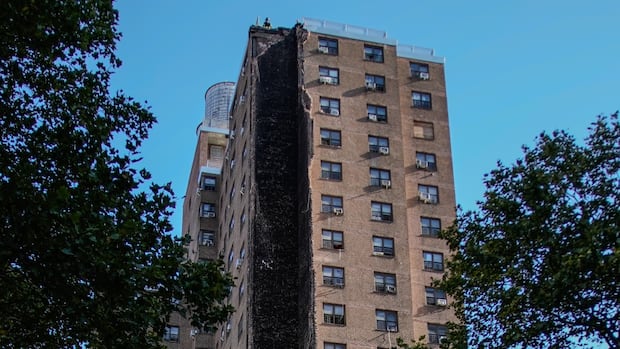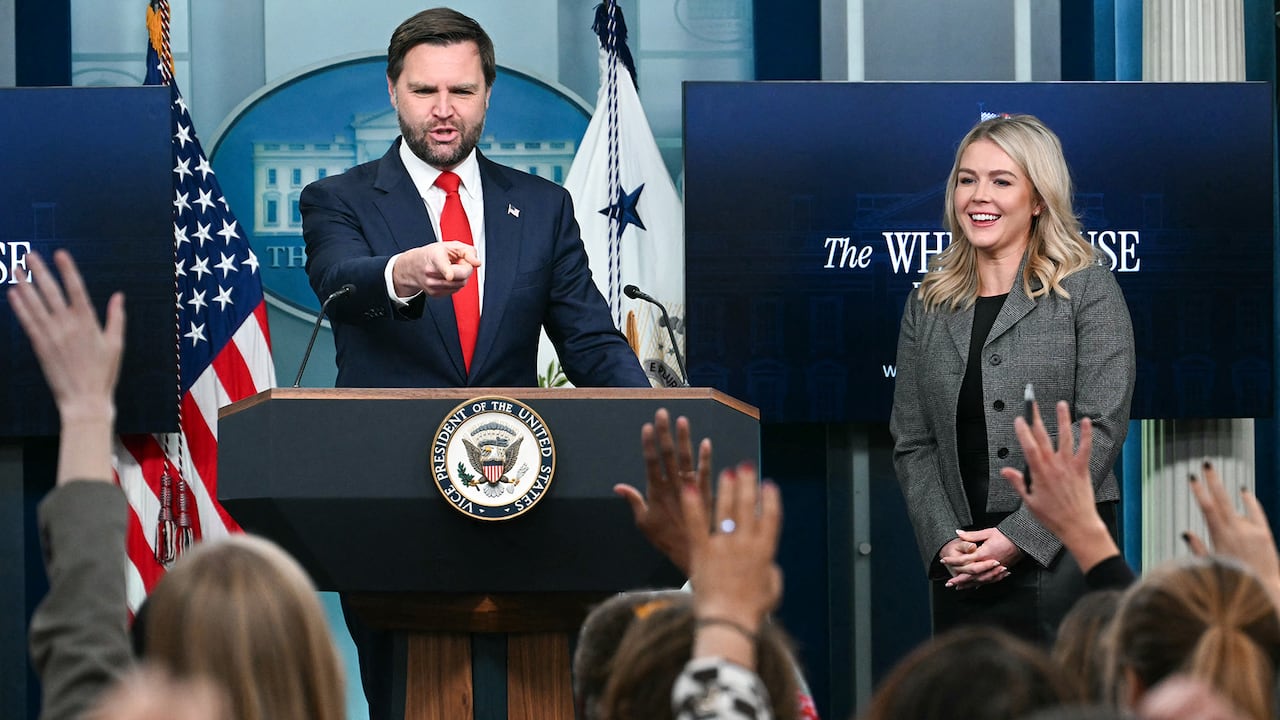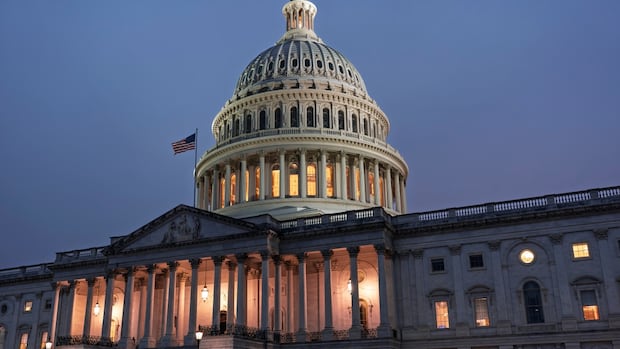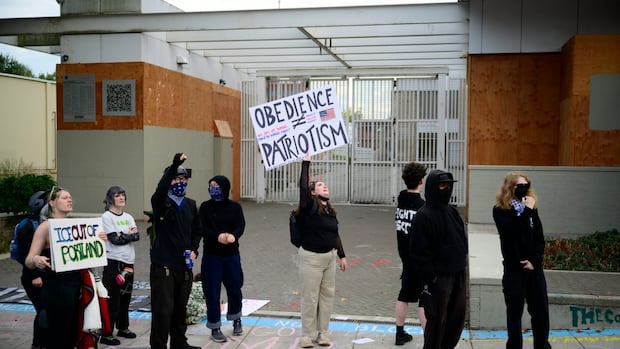In the days since U.S. President Donald Trump announced plans to deploy National Guard troops to Portland, Ore., lawmakers, business leaders and residents have been pushing back.
Trump posted on social media on Saturday that he had directed Defence Secretary Pete Hegseth to provide troops "to protect War ravaged Portland" and any Immigration and Customs Enforcement (ICE) facility that he said was under siege from Antifa and other "domestic terrorists."
Since June, there have been protests outside an ICE facility in south Portland over the arrests of immigrants in raids, which are happening across the United States. The protests in Portland have mostly been peaceful, although a couple of dozen arrests have been made.
The State of Oregon and the City of Portland have since filed a lawsuit against the Trump administration over the deployment of Oregon National Guard troops. A hearing on a temporary restraining order to block the deployment is scheduled for Friday.
On Monday, the mayor of Portland and 17 surrounding communities united to denounce the president's move.
"The number of troops we want or need is zero," Portland Mayor Keith Wilson said.
The Portland Metro Chamber, which represents businesses in the region, released an open letter that has since garnered dozens of signatures from the governor, local lawmakers, unions and other organizations opposing the Trump administration's order.
 Portland Mayor Keith Wilson speaks during a news conference on Monday about the National Guard deployment as fellow Oregon mayors stand behind him. (Jenny Kane/The Associated Press)
Portland Mayor Keith Wilson speaks during a news conference on Monday about the National Guard deployment as fellow Oregon mayors stand behind him. (Jenny Kane/The Associated Press)Andrew Hoan, the organization's president and CEO, said the letter was written due to concerns over the economic impact of a deployment.
Hoan said that there was a 30 per cent drop in business activity, such as restaurants, shopping and hotel stays, in Washington D.C., when the National Guard was deployed.
"We do not want to see a 30 per cent loss in revenue and business activity. That would not be good. That would translate in very real terms to people's jobs, to their livelihoods," he said in an interview.
Hoan said the language being used by the U.S. president could have consequences for the city's economy.
"When that kind of language gets out there, it has a negative and detrimental impact, not just to the reputation of our city but to people who we know are considering making investment here, that are considering opening businesses or expanding housing," he said.
"It was as important to send that unified message to also get the facts out about the progress that we are making and that it isn't a war zone."
Opinions vary among local residentsCBC News spoke with a variety of residents in Portland about the impending arrival of the National Guard.
Jonathan Berger, a Canadian who has been living in the city for close to 50 years, said the announcement has been "pretty upsetting."
"There wasn't that much of a problem around ICE. There were protesters. By and large, it was peaceful," he told CBC News. "I think [the National Guard deployment] is just stirring up the pot."
WATCH | Trump's order to deploy National Guard to Portland brings protests:The State of Oregon and the City of Portland are suing the Trump administration following an order to deploy some 200 National Guard troops to immigration detention centres. The lawsuit, filed on Sunday by Oregon Attorney General Dan Rayfield, called the deployment 'provocative and arbitrary.'Marilyn Clint, who has lived in Portland for 70 years, calls the deployment "surreal."
"I respect what the National Guard does. We should remember the National Guard, these are our people," she said.
"Do we need them to come to Portland to keep us safe? Doesn't feel like it to me."
However, Gloria Warner, who lives in the area where the ICE facility is located, called the protests irritating and said she welcomes the military's presence in the city.
![Protesters stand outside a gated building, with one person holding a sign saying 'Obedience [does not equal] Patriotism.'](https://i.cbc.ca/1.7647895.1759320855!/fileImage/httpImage/image.jpg_gen/derivatives/original_1180/portland-ice-protest.jpg?im=) Protesters hold signs outside of the U.S. Immigration and Customs Enforcement building in Portland, Ore., on Sept. 28, 2025. (Mathieu Lewis-Rolland/Getty Images)
Protesters hold signs outside of the U.S. Immigration and Customs Enforcement building in Portland, Ore., on Sept. 28, 2025. (Mathieu Lewis-Rolland/Getty Images)"I hope they bring their water cannons with them. That's what I would like to see. When they get really rowdy down here ... I would like to see them get soaked with a water cannon. That would be very pleasant."
Warner said she believes the National Guard will improve her quality of life, and she doesn't view Trump's move to send troops as federal overreach.
History of protestChris Shortell, a political science professor at Portland State University, said Portland is "certainly" a liberal city and has a history of demonstrations, such as protests in 2020 after the death of George Floyd, a Black man who was killed by a white Minneapolis police officer.
"It is a city that's known for that and has been for many decades — people showing up to protest and to either make their voices heard in varying ways," he said in an interview.
Shortell said he will be keeping a close eye on what happens in the city after National Guard troops are in place.
"I do expect it will generate greater levels of protest and greater levels of people showing up to protest, but I don't know whether that's going to necessarily escalate," he said. "I think a lot of that is going to depend on how the National Guard is deployed and used."











